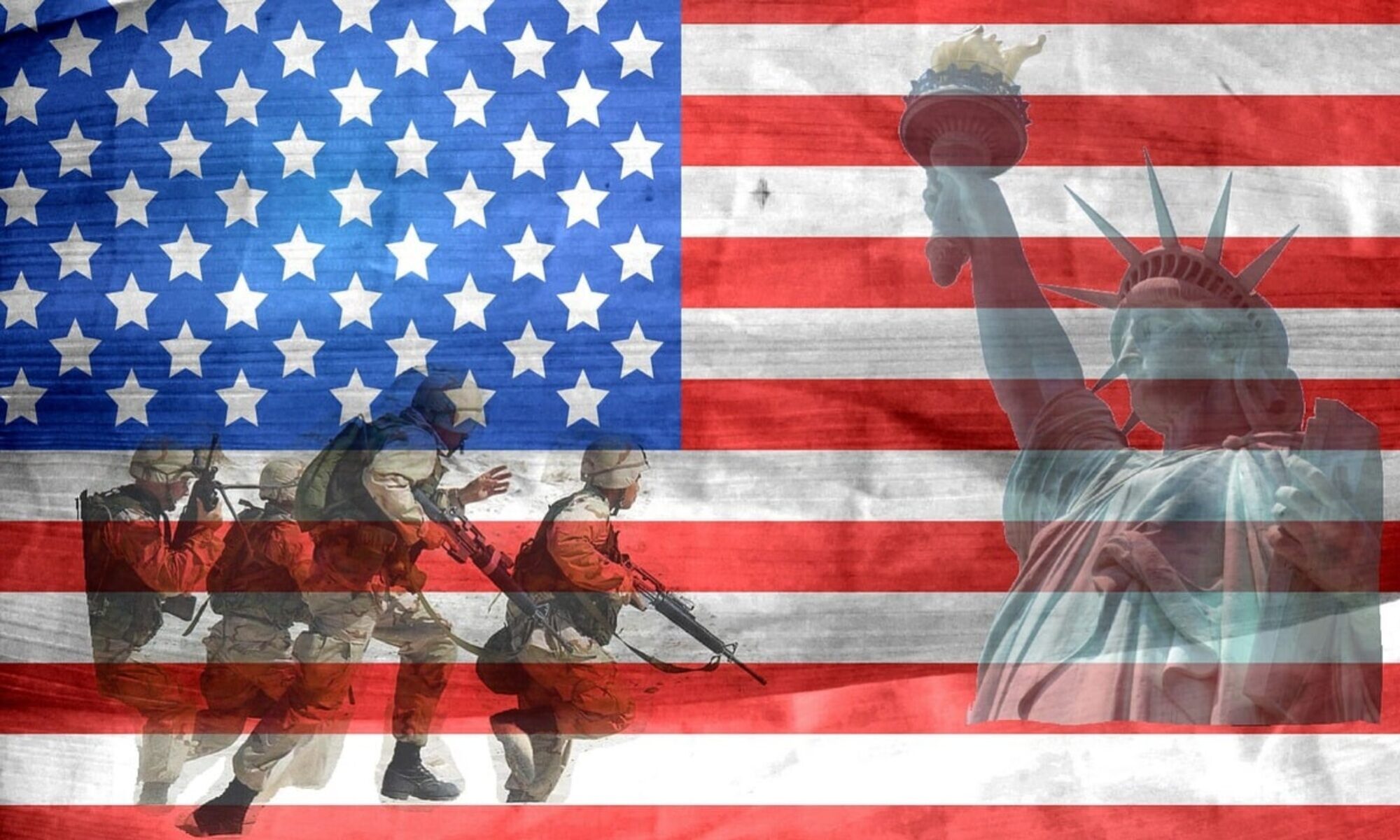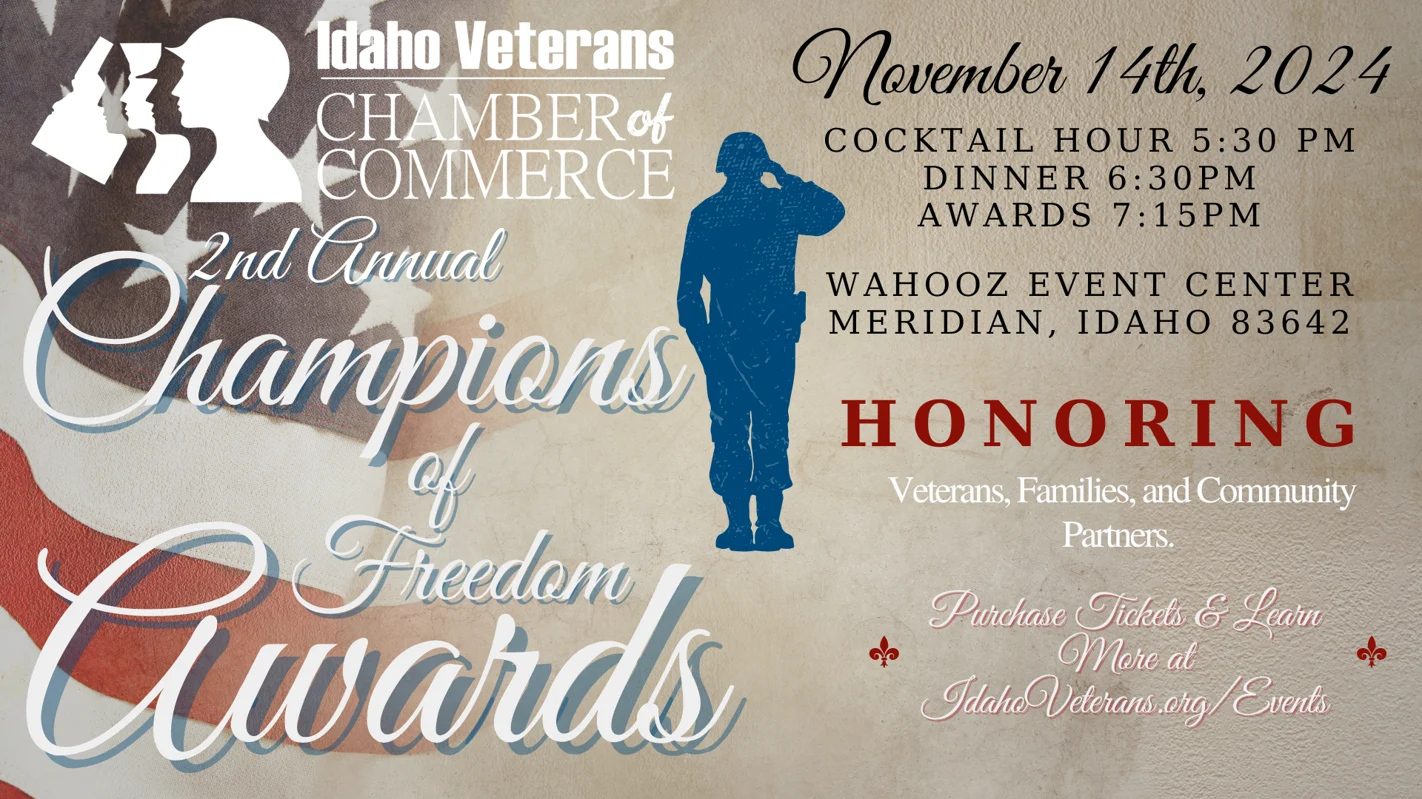How Video Games Are Becoming a Lifeline for Veterans’ Mental Health
For years, video games have been a source of entertainment, but for many veterans, they are becoming much more—a vital tool for mental health support. While video games often face scrutiny for their potential negative effects, research is now shining a light on their unexpected benefits, especially within the veteran community.
Dr. Michelle Colder Carras, a public health expert at Johns Hopkins University, has been studying how online gaming communities can provide critical mental health support to veterans. Her research reveals how veterans are using video games not just to escape their troubles, but also to build meaningful peer support networks that help them through some of life’s toughest moments.
How Video Games Support Veterans’ Mental Health
For veterans, adjusting to civilian life can be challenging. Many deal with PTSD, anxiety, depression, and other mental health struggles. Dr. Carras’ research points to the fact that online communities formed around video games can offer a unique space for veterans to connect with others who share similar experiences.
One example is Stack Up, an organization founded by U.S. Army Captain Stephen Machuga. After returning from service in Iraq, Machuga found solace in video games, which helped distract him from the anxiety he was feeling. He founded Stack Up to bring the benefits of gaming to other veterans, providing them with a sense of community and purpose.
The Stack Up Overwatch Program (StOP): A Peer-Driven Solution
What started as a way to share the joy of gaming evolved into a much-needed mental health intervention. In 2018, members of Stack Up launched the Stack Up Overwatch Program (StOP), a peer-based crisis support program for veterans and active-duty military members. StOP provides 24/7 mental health and crisis intervention services, facilitated entirely by trained peers.
The volunteers—many of whom have their own experiences with PTSD, depression, or anxiety—undergo nearly 40 hours of training to help their peers. These peer supporters offer a listening ear, help veterans access traditional mental health care, and provide crucial crisis counseling. The StOP program has been instrumental in helping veterans feel less alone during moments of distress.
Research Shows the Effectiveness of Gaming Communities
Dr. Carras and her team conducted an in-depth evaluation of the StOP program, analyzing more than 180,000 chat messages and surveys. Their findings? Gaming communities like Stack Up provide veterans with meaningful, anonymous, and accessible peer support. Veterans who participated in StOP reported reduced anxiety, improved ability to cope, and relief from the symptoms that brought them to the platform in the first place.
In fact, most participants received responses to their posts within five minutes, offering immediate support during moments of crisis. These online interactions not only helped veterans in need but also benefited the volunteers themselves, who found support and camaraderie among their peershttps://publichealth.jhu.edu/2024/supporting-veteran-mental-health-through-video-games
Moving Forward: Expanding the Benefits of Gaming for Mental Health
Dr. Carras believes that the success of the StOP program offers valuable insights for the future of mental health support. By leveraging peer-based interventions, online communities can help bridge the gap in mental health care, especially for veterans who may be reluctant to seek traditional therapy.
As gaming continues to evolve, so does its potential for fostering mental health support. Dr. Carras and her colleagues are now working with developers like Bohemia Interactive Studio, creators of the military simulator Arma Reforger, to explore new ways to integrate mental health awareness into gaming events.
Conclusion: The Unexpected Power of Video Games
What started as a hobby has turned into a lifeline for many veterans. Through gaming communities like Stack Up, veterans are finding a safe space to share their struggles and get the support they need. The success of programs like StOP demonstrates the potential of video games as a platform for peer-based mental health intervention—an innovation that could reshape how we approach veteran mental health care in the future.
To learn more about the benefits of video games for veteran mental health, visit Johns Hopkins University and explore Dr. Carras’ groundbreaking research
This blog post is based on research from Johns Hopkins Bloomberg School of Public Health, originally published in their article titled Supporting Veteran Mental Health through Video Games.

